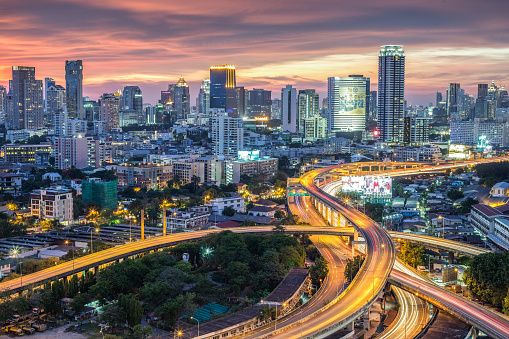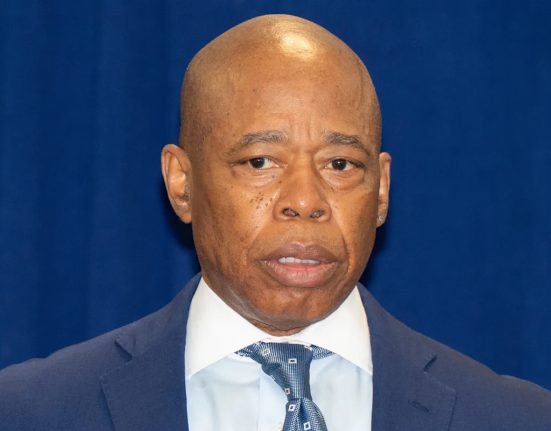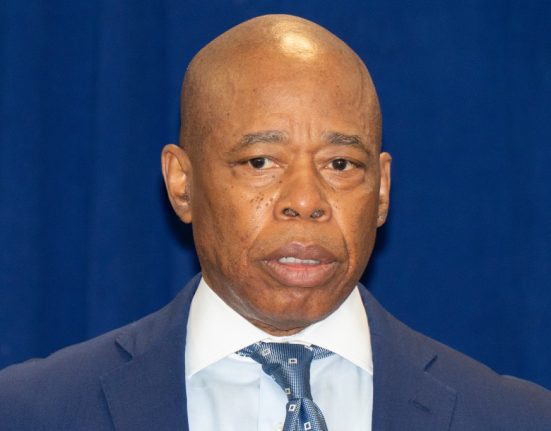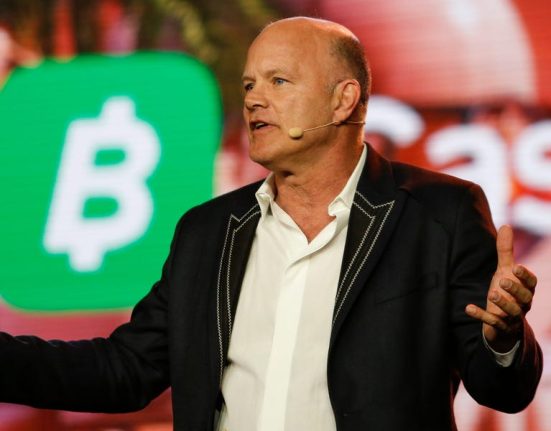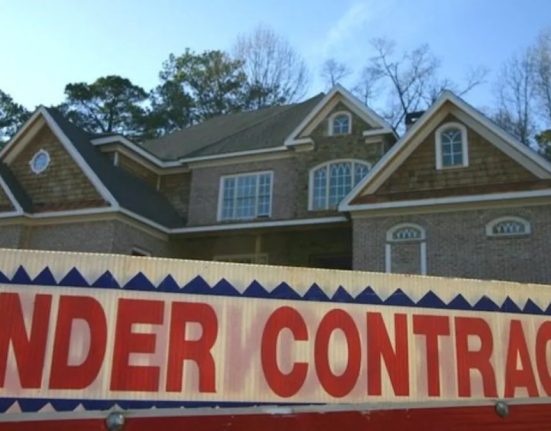Standard Bank Corporate and Investment Banking (CIB), has a footprint across 20 African countries and has been operating for 162 years. It recently hosted its inaugural Africa Markets Conference from 23 to 25 March 2025 in Cape Town. Bringing together global and African investors, risk leaders, policymakers, and regulators, attendees explored how to mobilise capital flows to meet Africa’s structural needs and drive sustainable growth. Mobilising green finance was one of the central themes of focus at the event.
“This was an opportunity to forge meaningful partnerships, foster innovation, and build a shared investment vision for the decade ahead,” explains Sasha Cook, head of sustainable finance at Standard Bank Corporate and Investment Banking (CIB).
Powering green loans and energy security
While in 2024, the bank’s energy portfolio consisted of 71.9% non-renewable energy and 28.1% renewables*, Standard Bank recently published sustainable finance targets to mobilise >R450bn ($24.31bn) of sustainable finance between 2022 and 2028, and has also set a sub-target of mobilising R100bn in green finance between 2025 and 2028. Cook explains that the group defines sustainable finance as mobilising capital for positive impact, and green finance is a subset of this. “Green finance is essentially finance mobilisation to support key green activities such as renewable energy, ‘green’ buildings, sustainable water, biodiversity conservation and sustainable agriculture,” she says.
The group also recently announced successful closing of a $250m seven-year unsecured loan from the International Finance Corporation (IFC), which will significantly bolster its efforts in promoting sustainable development through green financing in the South African market.
In the case of the IFC loan, funds will be allocated towards two green portfolios: the greenfield development of “green” buildings (across the industrial, retail and residential sectors, including an additional focus on affordable housing within the residential sector) and the financing of loans for consumers acquiring green certified homes.
Rewarding ‘green’ property performance
According to UNEPFI, almost 40% of global emissions comes from the real estate sector, it is therefore essential to ensure that the sector continues to focus on improving its environmental impact.
“When we talk about development of ‘green’ buildings, we are referring to constructing or retrofitting real estate in a way that ensures energy efficiency, water efficiency and the use of environmentally-conscious construction materials,” says Cook. “There are costs associated with obtaining credible green building certifications, which can be a potential hurdle for developers. They often require these certifications to be able to access green financing.”
The IFC loan comes with a performance-based incentive, funded by the UK’s Department for Energy Security & Net Zero. Cook says that Standard Bank South Africa (SBSA) plans to use this incentive to help eligible developers and homeowners cover the costs of obtaining green building certification which may include building consultants costs and registration with relevant building accreditation bodies.
“The incentive is allocated to eligible developers or eligible home loans customers, and it essentially rebates some of the cost of obtaining the green certification or acquiring the ‘green’ home,” Cook says.

